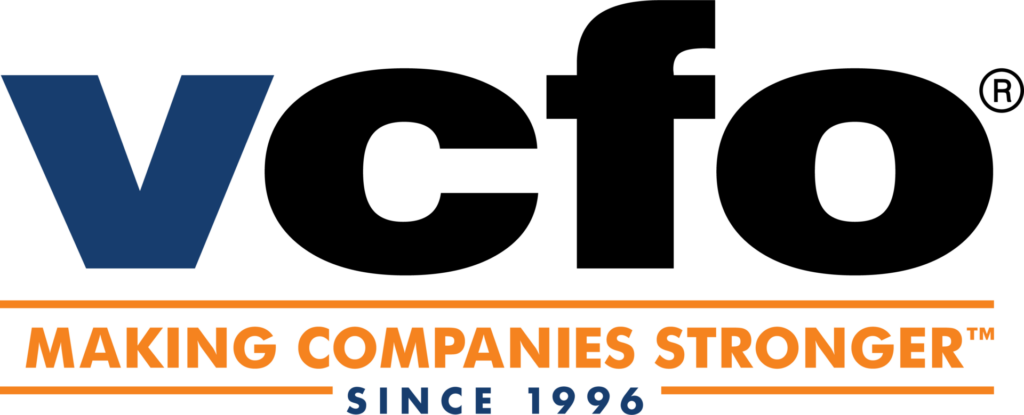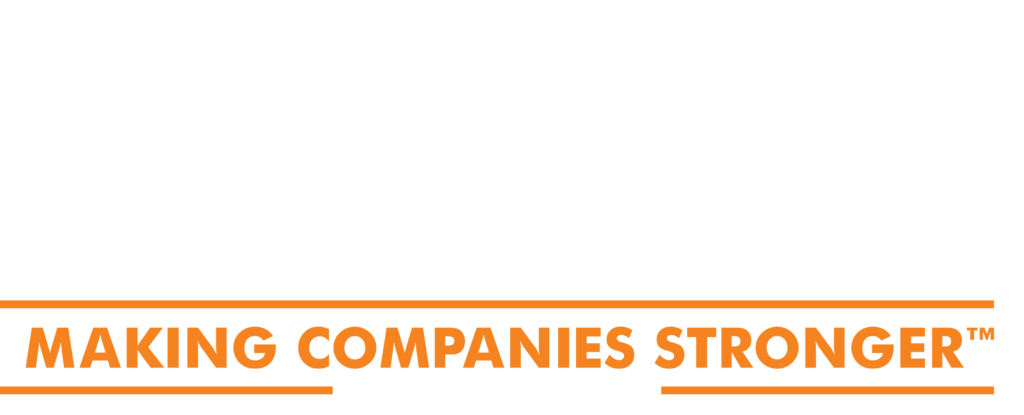Engaging a virtual or fractional CFO as an outsourced resource is an excellent step for companies that need senior-level finance expertise but cannot afford to recruit or engage a full-time CFO. It’s important to ask the right questions to set the relationship up for success.
Through our work providing teams of CFOs, controllers, and HR professionals to deliver strategic advice and daily support to more than 5,000 clients, we’ve identified several points to consider when engaging an outsourced CFO:
- Clarify what you want to achieve. Every organization is different. Some are seeking help in raising money, while others need to shore up operational issues or create a solid financial infrastructure to achieve objectives. Describe your current environment in detail and articulate your expectations as clearly as possible to support choosing the right match of talent and experience for your requirements.
- Validate the experience and expertise of the potential CFO resource. There is no certification for the title of CFO. That makes it especially difficult to vet experience. Generally, a founder is not going to have the experience or expertise themselves to support a full evaluation of a candidate’s capabilities. What you can do is vet whether a candidate has successfully addressed the specific issues you have identified. You may be familiar with some prior employers in your industry and have access to them for a reference. You should ask questions about how the CFO candidate has addressed issues that are of concern to you. Ask for real examples and let them share details and outcomes with you.
- Verify experience in working with companies at the same stage of development. The needs of an early-stage company are very different from those of a mid-size or enterprise company. That’s also the case with companies that are privately held versus those that are publicly held. Ensure that your CFO candidate has “been there and done that” successfully with companies at your stage of development and with your growth aspirations. Pattern recognition relative to issues and inflection points is a very helpful thing an experienced CFO can bring to the table.
- Understand the difference between an individual, independent CFO consultant and a firm providing consultants delivering financial expertise. An individual, independent CFO consultant will have their own set of experience, and if it is aligned with what you need, then that is a good candidate to have a conversation with. A firm should have a wide range of CFOs, with a much deeper breadth of experience on which to draw on to support your needs. Additionally, a firm is responsible for vetting the ability and experience of the CFO candidate and for standing behind their work. Another difference to ask about is commitment to your engagement. An individual may be in between jobs or have other commitments, either of which could impact your working relationship. A firm stands behind the engagement and makes any personnel change, should it happen, as painless as possible for the client.
- Talk directly with others who have worked with your potential CFO resource in a similar capacity. CFO consulting candidates should have no difficulty providing references from the CEO of similar companies they have supported. Take the time to have these conversations for direct insight into their experience with the candidate or firm you are considering. Be sure to ask about their communication style and how you will be updated on the work throughout the relationship. Ensure that expectations will be met when it comes to timeliness of communications and actions. Confirm their ability to accommodate changing schedule needs, response timing expectations, and more.
- Ask about other resources or introductions potential CFO provider can bring to the engagement.An individual CFO will have a set of introductions they can make, and a firm should have a very deep set of introductions that may be helpful. This may come in the form of introductions to other service providers, access to funding sources, knowledge of industry trade groups, and more.
- Write it Down. Document in writing the expectations and budget for delivery. A firm will provide a Master Services Agreement and cover all work-related insurance, including E&O. With an individual consultant, ensure there is sufficient documentation of the specifics of the engagement, a timeline for delivery, and any key expectations or deliverables are noted. Ask them what type of insurance they provide. Ensure there is clarity on the nature of the relationship (contractor versus employee) so you do not find yourself responsible for employment taxes in a later audit.
- How flexible is the potential resource in their approach to working with companies like yours? Can a proposed CFO resource work within your desired work model? You may need or prefer for them to be on-site for work they complete on your behalf, or it may be that a remote or hybrid work model is acceptable. Post pandemic this is a much bigger issue, as many consultants are choosing to work entirely remotely and that does not work for many companies.
- Determine how the potential CFO resource stays atop changing market conditions and best practices. Be sure to inquire as to what type of ongoing training and professional development the resource leverages. This speaks to their ability to take advantage of innovations and help you respond effectively to changes. Qualified firms will have an internal training program and a focus on developing practice responses to industry changes. They will also have peer discussions, bringing in the expertise and experiences of colleagues to bear on client issues.
- Determine cross-functional expertise and support potential. There are some great CFO consultants doing individual consulting. The same is true of firms. Additionally, some firms will have expertise beyond the realm of the CFO role. This may include controllers and senior-level human resources executives that are part of the same firm and easily accessible when needed. Having access to these experts and services is helpful, even if they’re not needed from day one.
Fully vetting and exploring the ten considerations above when pursuing the services of an outsourced CFO will go a long way toward ensuring a successful engagement. With clarification and answers surrounding these points, you will be better informed about your specific requirements and the level of assistance you need. You will also know that when your decision is made, the proper due diligence has been done.
———-
 Interested in learning more about working with a fractional CFO? Request a consultation today from a vcfo expert. We have worked with more than 5,000 business teams in our 25+ years. We would love to talk with you, hear your story and concerns, and share our experience and collective wisdom to see how we can help.
Interested in learning more about working with a fractional CFO? Request a consultation today from a vcfo expert. We have worked with more than 5,000 business teams in our 25+ years. We would love to talk with you, hear your story and concerns, and share our experience and collective wisdom to see how we can help.
For more information and perspectives on working with an outsourced CFO, you may find these posts helpful:
- 5 Characteristics of Great Finance, HR, and Recruiting Consultants
- Four Key Functions a CFO Adds to the Executive Team
- Updating Accounting and Finance Practices for Growth


